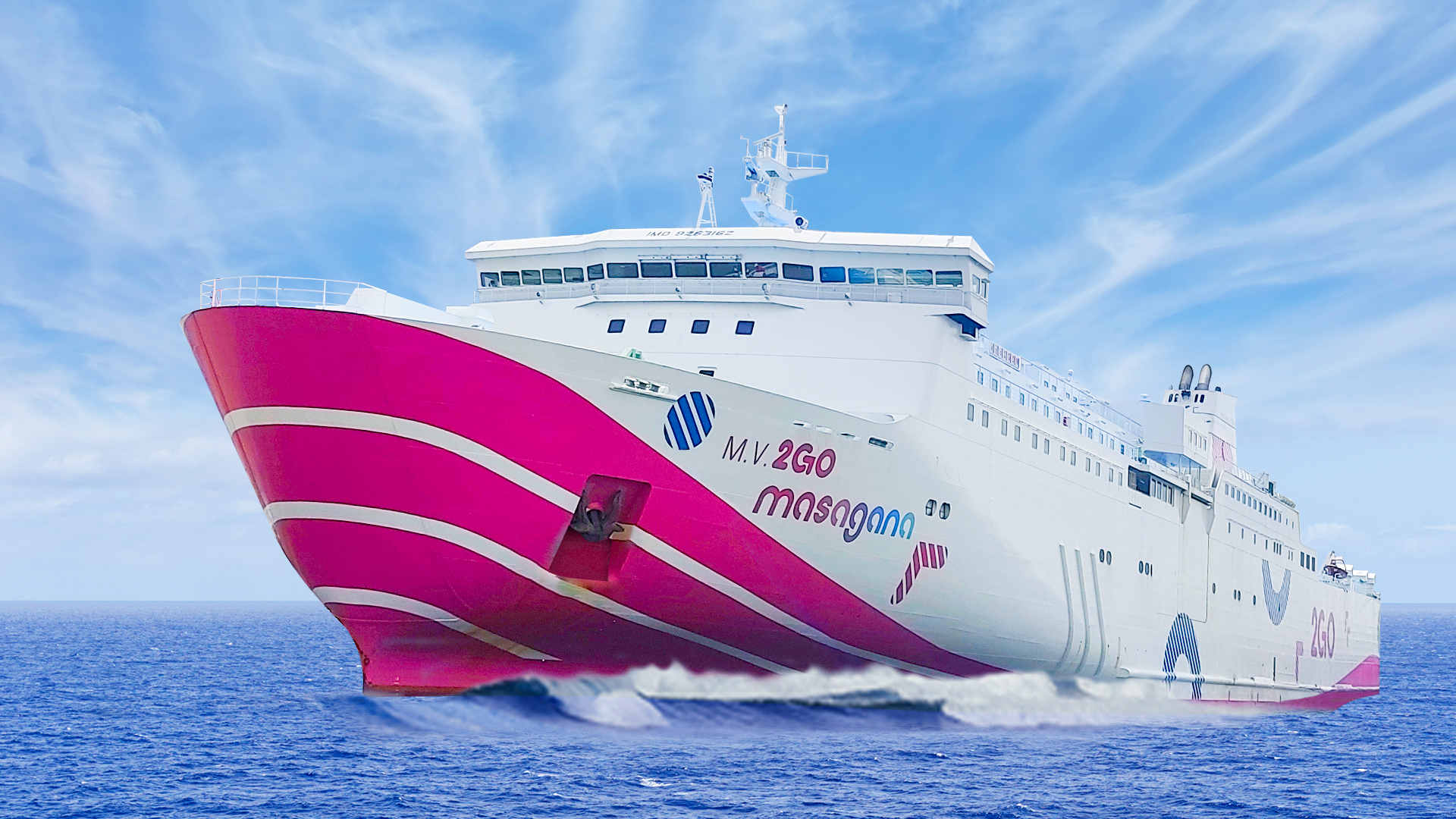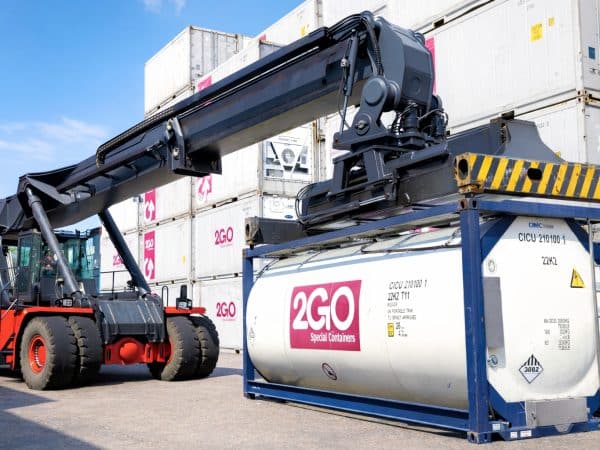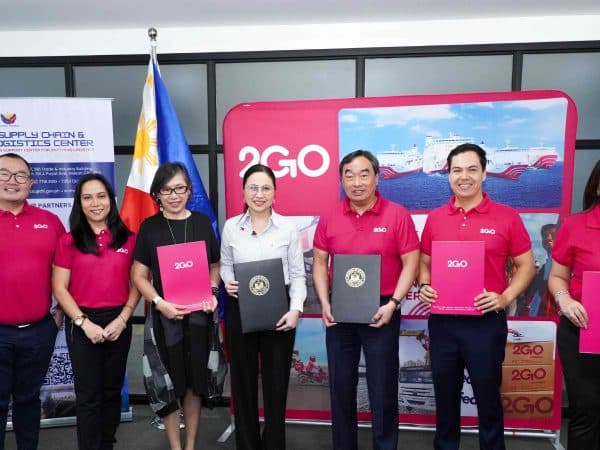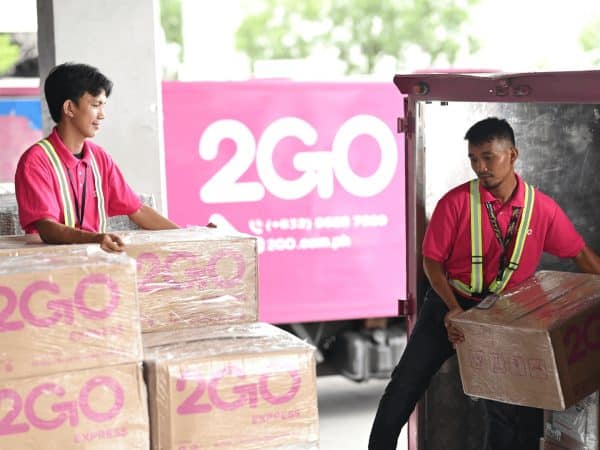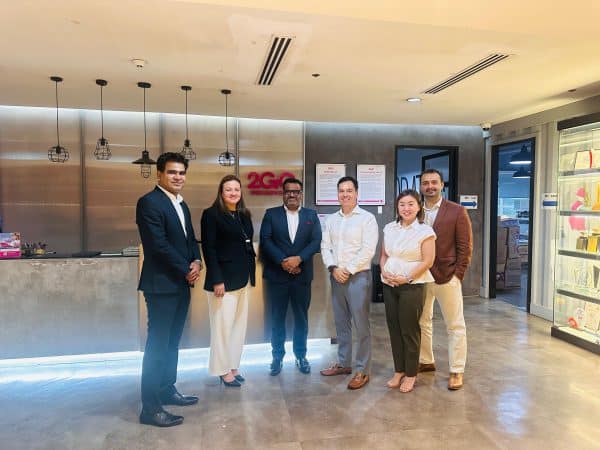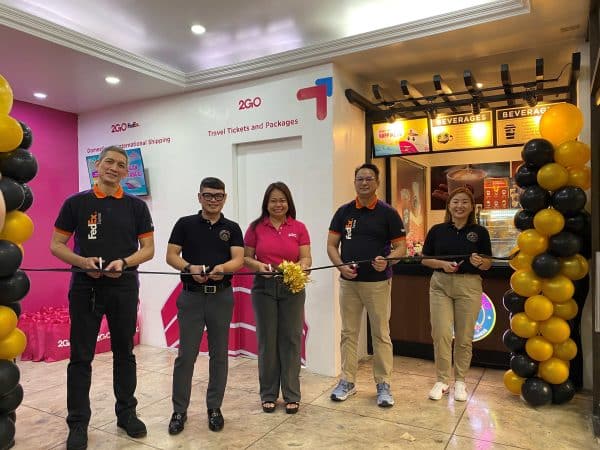Manila, Philippines – Shipping has always been the country’s lifeline. It moves goods, connects islands, and sustains communities across the archipelago. From the new cars in a Cebu showroom, to fresh tuna reaching Manila, to construction steel delivered in Davao, much of what Filipinos use daily has traveled first by sea.
Maritime logistics remains the backbone of Philippine trade. Businesses depend on it to move products across islands, sustain industries, and connect communities that would otherwise be isolated. From appliances and food supplies to medicine and agricultural produce, the shipping industry ensures that essential goods reach homes and stores nationwide.
Operating across thousands of islands comes with challenges. Cargo often requires interisland connectivity and routing strategies. Costs rise with fuel prices, port fees, and infrastructure gaps. Shipping companies adapt and pivot with every challenge. These realities make local logistics expensive, but they also highlight how essential shipping is to multimodal solutions and how the industry needs support from various sectors and stakeholders.
“Shipping carries the lifeblood of our economy. Everyday goods in our homes traveled by sea first. This lifeline deserves greater attention and support, especially from stakeholders who recognize its role in keeping trade and communities moving,” said Mark Matthew F. Parco, President of the Philippine Liner Shipping Association (PLSA) and the Philippine Interisland Shipping Association (PISA).
“Maritime shipping remains the most sustainable way to connect islands and move goods over long distances. By integrating services and maximizing efficiencies, we help reduce the overall footprint of logistics while keeping costs manageable for businesses and consumers alike,” said Will Howell, COO & CFO of 2GO Group, Inc.
2GO Group, Inc., the Philippines’ largest end-to-end logistics and transportation solutions provider with a strong maritime heritage, continues to strengthen its role in supporting the economy. The company moves an average of 5,000 twenty-foot equivalent units (TEUs) of goods weekly, while its travel services transport 23,000 passengers every week. Its fleet of ROPAX vessels carry both cargo and people, serving family movers, small entrepreneurs, and industries across Luzon, Visayas, and Mindanao.
Shipping may not always be visible, but its impact is constant. It powers industries, connects communities, and sustains livelihoods. 2GO remains committed to delivering efficient, sustainable, and cost-conscious shipping solutions that strengthen the Philippine economy. To keep this lifeline strong, businesses and stakeholders must work together to support logistics, drive efficiency, and build resilience across the supply chain.

